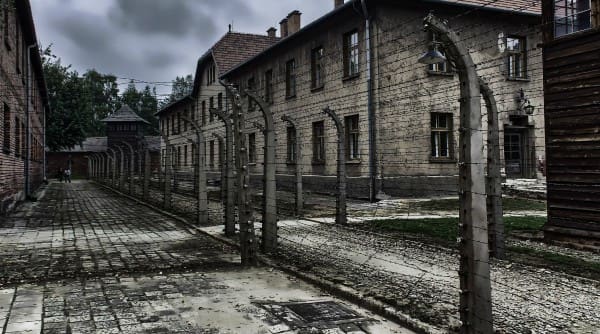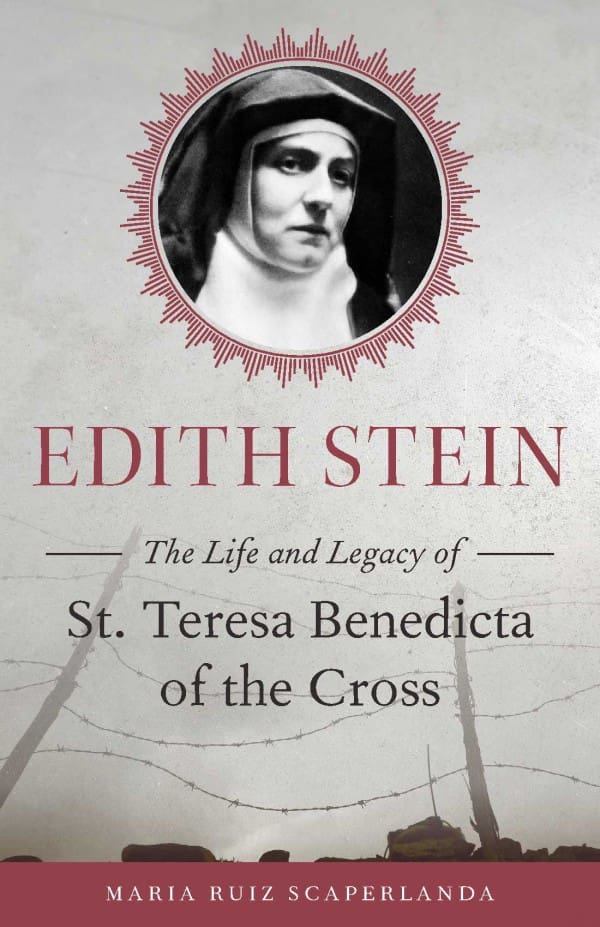Edith Stein was passionate, purposeful, faithful, and committed. She was a brilliant philosopher who lived and thrived in the intellectual university community of 1910s Germany. She was also a young Jewish woman who shocked her intellectual community when she fell in love with Jesus Christ and became a Roman Catholic, being baptized in 1922. More shocking still, eleven years later, Edith entered the cloistered Carmelite order in Cologne, Germany, to follow a life of mystic and contemplative prayer in the cloister under the name Teresa Benedicta of the Cross. Today, as the meaning of feminism is lost in a world of relativism, Edith Stein provides a model for a true feminist — a woman who authentically integrates faith, family, and work.
In 1942, Edith and her sister Rosa, a lay Carmelite living with her at the monastery in Echt, Holland, were forcefully taken by the Gestapo and transported by train to the Auschwitz concentration camp, where they were both murdered in the gas chamber on August 9. Edith Stein’s profound spirituality, however, had left a mark not only on those who had personally known her as a philosopher, a teacher, and a speaker, but also on all who learned of her through her many writings, essays, articles, letters, and stories.
“Today we live again in a time that urgently needs to be renewed at the hidden springs of God-fearing souls,” Edith wrote for the feast of the Epiphany, 1941, a meditation requested by the Echt Prioress. “Many people, too, place their last hope in these hidden springs of salvation. This is a serious warning cry: Surrender without reservation to the Lord who has called us. This is required of us so that the face of the earth may be renewed. In faithful trust, we must abandon our souls to the sovereignty of the Holy Spirit. . . . We may live in confident certainty that what the Spirit of God secretly effects in us bears fruits in the kingdom of God. We will see them in eternity.”
Not in spite of, but because of, Edith’s hidden life, one can easily paraphrase what G. K. Chesterton wrote of Thomas More: if there had not been that particular woman at that particular moment, the whole of history would have been different. Not only is Edith Stein the first recognized saint in the Catholic Church since the end of the apostolic age to have been born and raised in a practicing Jewish family, but, even more significant, because of her legacy of faith and philosophy, our understanding of Catholicism is richer, deeper, and more profound.
+
This article is adapted from a chapter in Edith Stein: The Life and Legacy of St. Teresa Benedicta of the Cross by Maria Ruiz Scaperlanda which is available from Sophia Institute Press.
Art for this post on Edith Stein: Cover and featured image used with permission.






